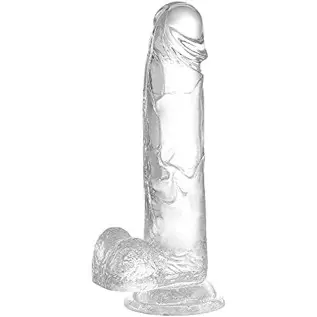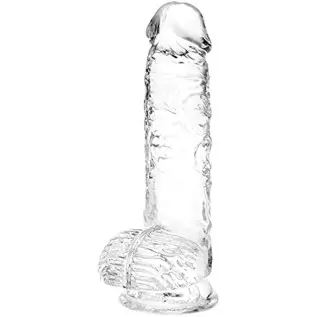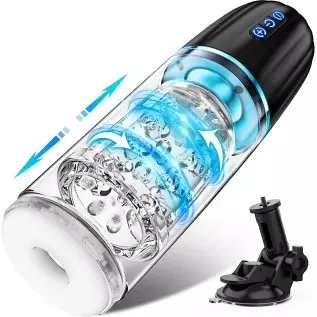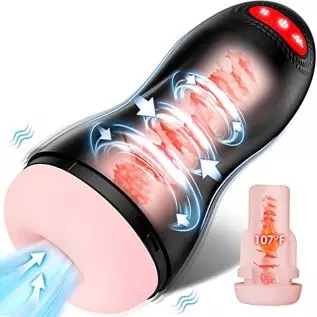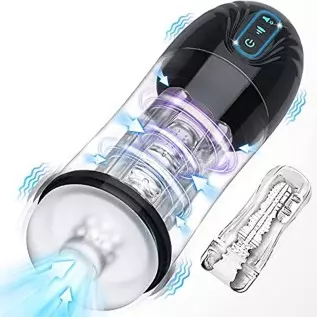Men with ED should pay attention to the "dormant period" of sexual desire in autumn and winter!
Recommended reading: Great tips! Men are no longer tired after sex
Foreign studies have found that the incidence of ED in autumn and winter is often higher than in other seasons. A survey of 1,102 ED patients in the United States showed that 772 had obvious seasonal changes. Among them, the number of cases in autumn was 386, accounting for about 50%; in winter, there were 231 cases, accounting for about 30%; in spring and summer, there were much fewer cases.
Experts believe that there are two main reasons for this.
First, psychologically. In autumn and winter, when grass withers, flowers fade, and all things wither, it is easy for people to feel sad and depressed, and it also has a negative impact on sex.
The second is from the physical point of view. In autumn and winter, human body vitality will gradually enter a relative low as the temperature drops, and physiological energy will continue to decline, easily causing a sense of laziness.
Therefore, many men’s desires will also enter the “dormant period”. Moreover, after autumn and winter, the temperature drops and blood vessels naturally contract, which will also aggravate ED.
However, experts emphasize that season-related ED will not affect life for a long time, and men do not need to worry too much. In order to effectively prevent it, men can take appropriate supplements step by step during the change of seasons, such as eating more foods that nourish yin, strengthen yang and nourish the kidneys. It is also very important to strengthen physical exercise and psychological adjustment. If you often experience obvious backache, fatigue, painful urination, or ejaculation pain after sex, you should pay attention to it and seek medical treatment in time.





